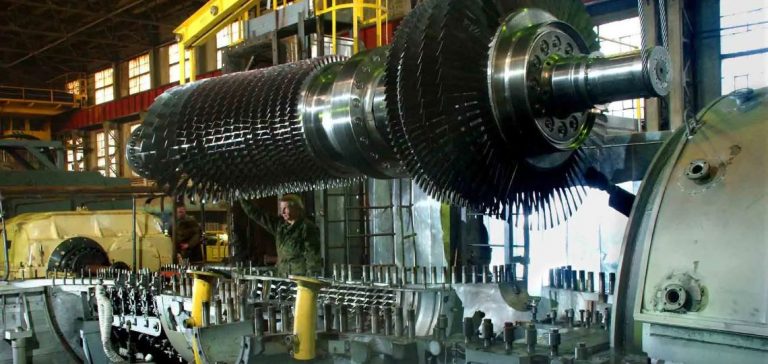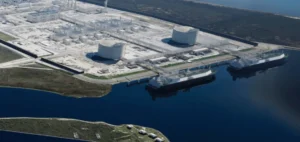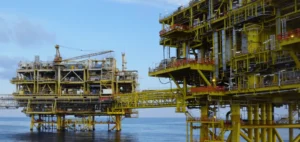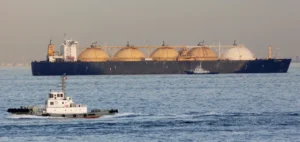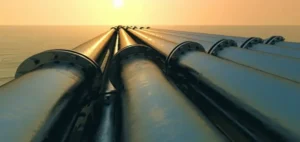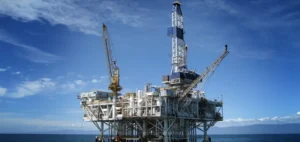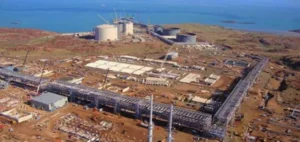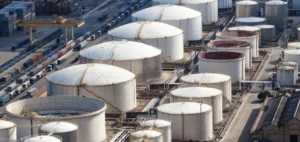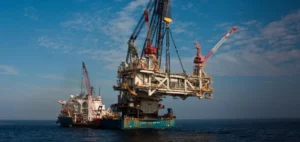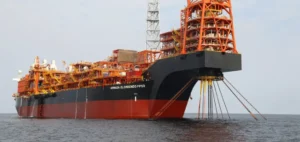Russia has recently inaugurated its first high-capacity domestic gas turbine, the GTD-110M, as part of an effort to replace Western technologies that are now inaccessible due to sanctions and the geopolitical situation related to the war in Ukraine. The event took place at the Udarnaya power plant, in the south of the country, during a ceremony presided over by Vladimir Putin via videoconference. This development represents a major breakthrough for the Russian energy industry, marking a significant step towards technological independence and industrial sovereignty for the country.
Context and technological challenges
Until now, most Russian power plants have relied on imported gas turbines, mainly manufactured by Siemens, General Electric (GE), and Alstom. These companies have withdrawn from the Russian market, accelerating the country’s efforts to design and produce its own turbines. The GTD-110M model was developed by the state conglomerate Rostec, in partnership with Power Machines, a Russian industrial group. The turbine is described as being lighter and more compact than foreign models, while offering similar performance, according to Rostec.
Impact on the Russian energy market
The installation of this turbine has increased the capacity of the Udarnaya power plant from 454 megawatts to 560 megawatts, now covering around 10% of the electricity needs of the Krasnodar region. This contributes to reducing dependence on imported technologies and could strengthen Russia’s energy resilience in the medium term.
Long-term challenges and implications
The production of the GTD-110M represents a strategic turning point, but Russia still faces major challenges in catching up with the technological gap accumulated compared to Western players. Large-scale production and reliability of these new technologies will need to be proven over time. Furthermore, Russia’s exclusion from global supply chains could limit its capacity to develop new innovations, despite current efforts to strengthen its domestic energy industry.
Outlook for the industry
The success of the GTD-110M could pave the way for new projects and enable Russia to position itself as an independent manufacturer of high-capacity gas turbines. However, the impact of these developments will depend on the country’s ability to industrialize this technology and meet domestic demand while maintaining competitive quality against international standards.

